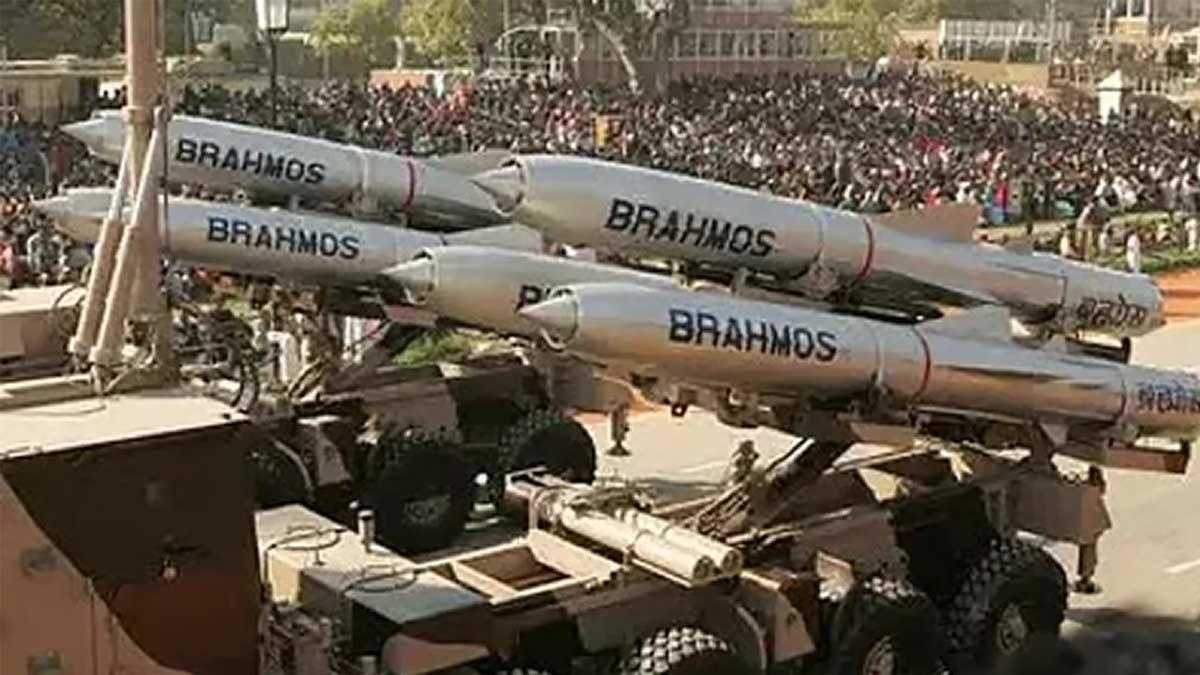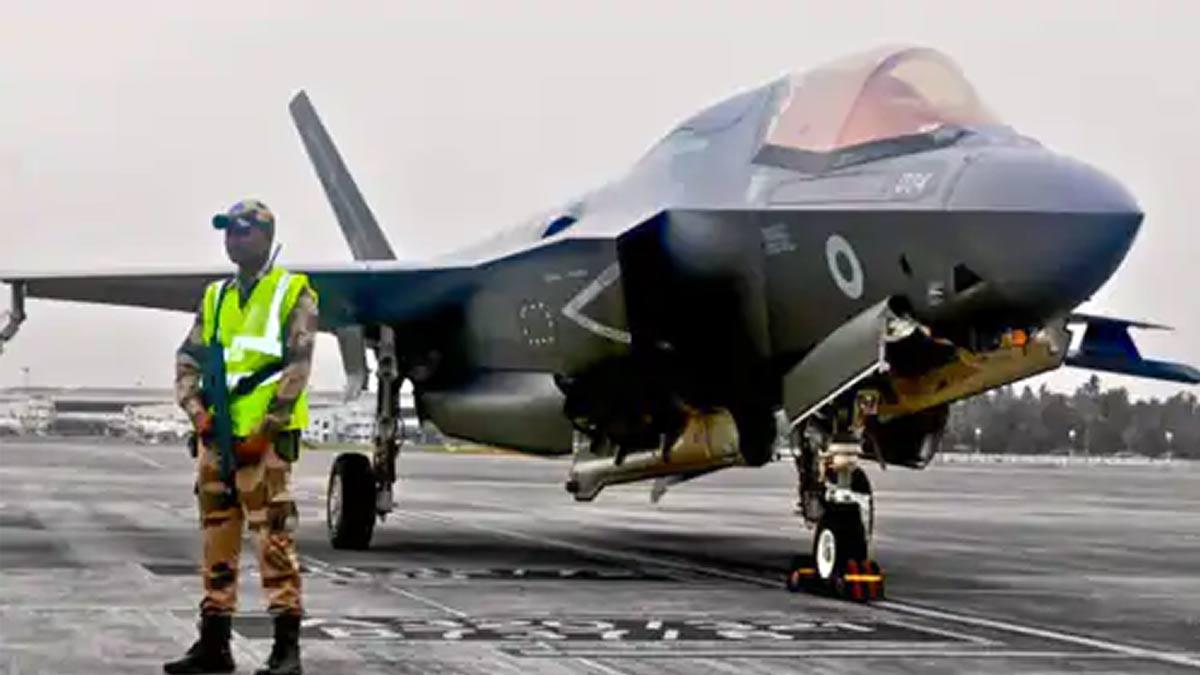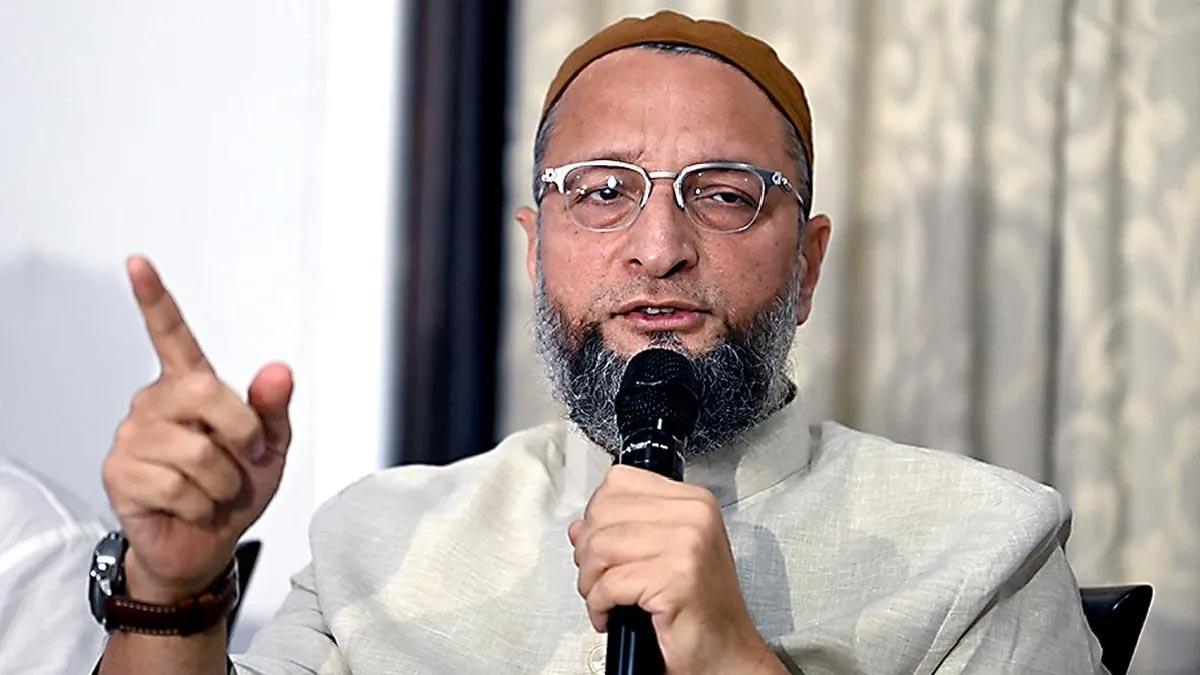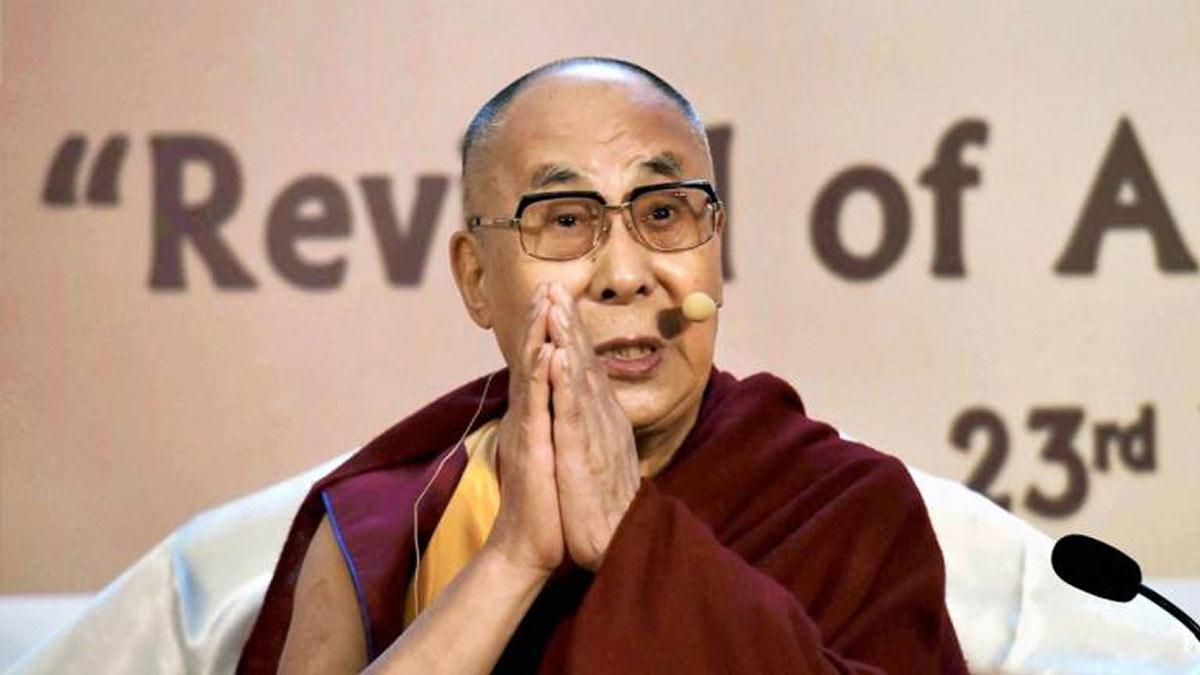A top government official in Pakistan has subtly accepted that India's BrahMos missile attack on the strategically important Nur Khan airbase was the turning point in a tense four-day confrontation between the two countries—a situation he intimated could have escalated into an all-out nuclear war.
Rana Sanaullah Khan, now serving as Special Assistant to Pakistani Prime Minister Shehbaz Sharif, testified in a recent interview that it was the timely intervention of then-US President Donald Trump that might have averted nuclear escalation in South Asia.
"When India tested. Harmus (BrahMos) and it hit our Nur Khan airbase. The government of Pakistan got only 30-45 seconds to examine whether the missile contains any atomic payload. Deciding on such a thing in 30 seconds is risky," he said.
Sanaullah Khan also reflected long-held concerns usually expressed by Islamabad, contending that such a move on India's part could easily have been misconstrued as a nuclear attack—given that New Delhi has an established no-first-use policy with regard to nuclear weapons.
I am not saying India was right in not firing a nuclear payload. But it might have caused a misinterpretation that would have led to disastrous nuclear war. You cannot imagine the devastation that might have ensued," he said.
He further credited the de-escalation to President Trump, a fact India has long rejected. Indian authorities have asserted that the effort at de-escalation was first triggered when Pakistan's Director General of Military Operations (DGMO) called his counterpart in India on May 10, as fears heightened of an escalation.
"US President Donald Trump was involved in such a scenario and rescued the entire world from such a calamity. A separate assessment of his (Trump's) role is needed. And it must be appreciated. The Pakistani government has welcomed such an act," Khan added.
Significantly, Pakistan's military chief, General Asim Munir, had earlier considered proposing Trump for a Nobel Prize, reportedly to set the stage for a high-profile encounter with the erstwhile American president.
Khan's claims reflect the acute alarm in Islamabad instigated by India's aggressive airstrike, especially against Nur Khan airbase—one of Pakistan's most strategically vulnerable bases.
Situated just 10 kilometers from Islamabad, the airbase is a dual-purpose military installation that occupies space previously used for the former Benazir Bhutto International Airport. Formerly RAF Station Chaklala, the base is an important component of Pakistan's defense infrastructure.
The complex accommodates transport aircraft squadrons, air-to-air refueling vessels, and serves as the home of PAF College Chaklala, which prepares the future batch of Pakistani Air Force officers.
According to The New York Times, the base is a key logistical hub for the Pakistani army, offering critical assistance to the operation of fighter planes and strategic deployment.
Most significantly, perhaps, Nur Khan airbase is located close to Pakistan's Strategic Plans Division headquarters—the organization that is in charge of administering the country's estimated over 170-warhead nuclear arsenal. The nuclear assets are believed to be spread out in many heavily fortified facilities.
Read also| Indian Navy Welcomes INS Tamal, Equipped with BrahMos Missiles


















